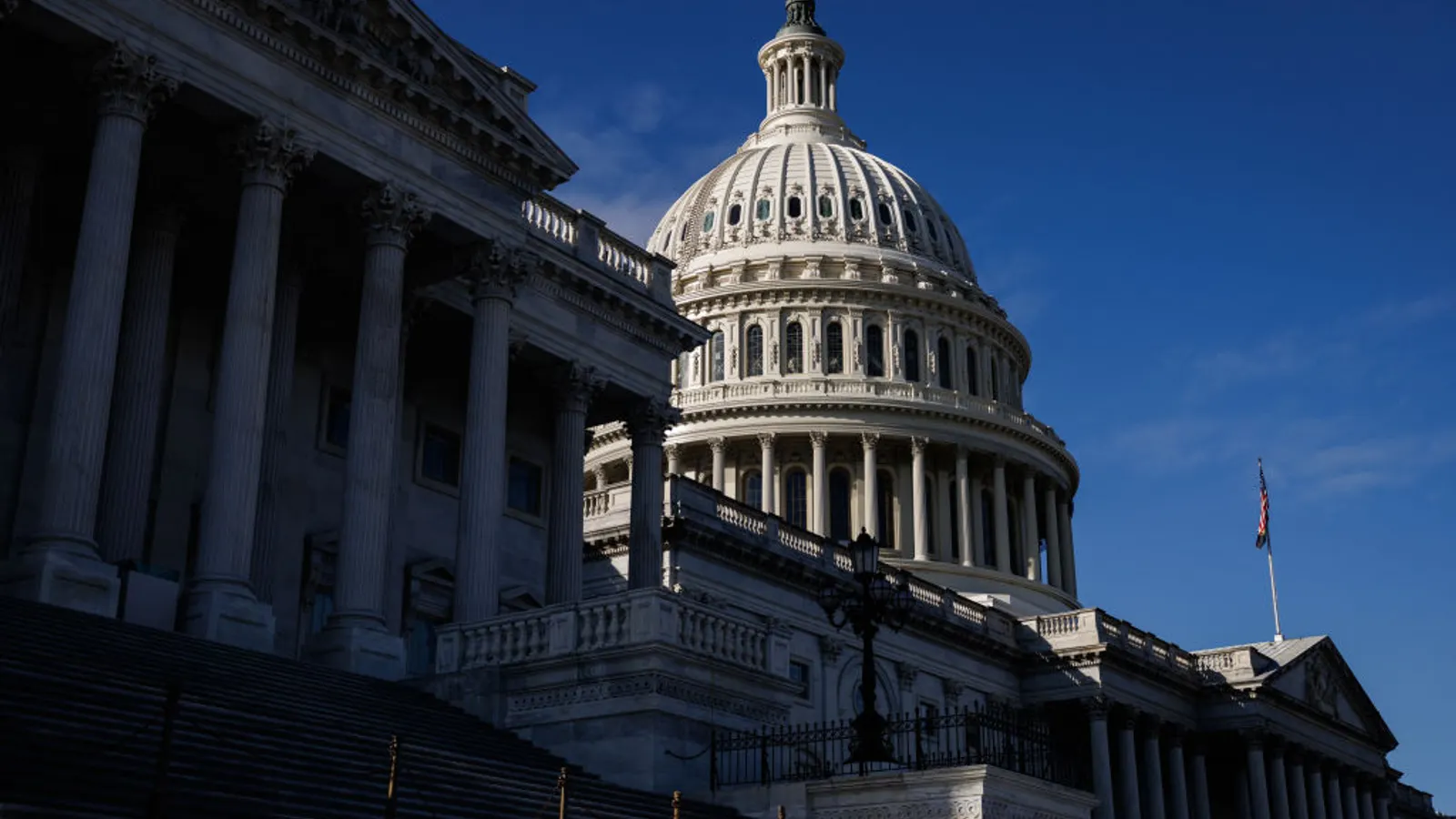Wprowadzenie
Recent attempts to modify the federal excise tax affecting the trucking industry have once again reignited discussion among industry veterans and legislators alike. This tax has been a staple in the trucking scene for decades, and the pursuit to alter or abolish it has produced mixed results.
The Excise Tax Overview
The federal excise tax on most new trucks and trailers, along with certain chassis instances, sits at a substantial 12% based on the first retail sale. This tax, which has its roots dating back to 1917, was originally introduced at a mere 3%. By 1983, the rate had risen sharply, reflecting the inflationary pressures and expectations of the time. According to recent analysis from the American Transportation Research Institute (ATRI), the tax burden can exceed $20,000 for new trucks and can escalate beyond $52,000 for zero-emission equivalents. As the costs of vehicles have climbed in recent years, so too has the burden on truckers.
Push for Repeal
Legislators have been grappling with this issue, seeking significant changes. For instance, U.S. Rep. Doug LaMalfa from California introduced a bill aiming to repeal the excise tax altogether. Unfortunately, the proposal stalled at the House Committee on Ways and Means—where many such ambitious efforts often met their fate. On another front, Senator Bernie Moreno of Ohio pushed for an amendment to the tax policy bill, proposing a reduction of the tax to just 2%. Yet, despite the interest and support, this too failed to make it into law.
Industry Support and Opposition
The American Trucking Associations (ATA), and its President and CEO Chris Spear, have been vocal against the current ailing tax structure, terming it as “outdated” and “a monumental hardship”. The organization has consistently challenged regulations perceived as detrimental to truckers’ bottom lines.
On the flip side, there are voices of caution from the Owner-Operator Independent Drivers Association (OOIDA), who have expressed reservations regarding changes to the tax structure. The OOIDA leadership warns that slashing the excise tax could jeopardize funding needed for the Highway Trust Fund, vital for maintaining transportation infrastructure. They argue that without a suitable alternative revenue mechanism, the fund could be strained, adversely affecting truckers in the long run.
Potential Solutions and Revenue Generation
As discussions around the tax continue, experts have suggested possible alternatives to grasp the lost revenue if the excise tax were to be reformed. One alternative floated was an increase in diesel tax by approximately 11.2 cents per gallon, effectively a more palatable solution compared to the inflation-adjusted hike that could see the tax rise by $0.286. This approach might avoid drastic budgetary impact while ensuring essential services remain funded.
Future Legislative Efforts
Congressman LaMalfa and Senator Moreno are committed to revisiting this discussion in future legislative cycles, striving to achieve relief for American truckers—widely regarded as the backbone of the economy. Continuous lobbying efforts reflect a dedication to achieving meaningful changes that could alleviate financial pressures currently faced by this essential sector.
Implikacje logistyczne
The impact of such a tax overhaul on logistics and transportation is significant. By alleviating some of the financial burdens associated with the excise tax, many operators could reallocate resources toward improving fleet efficiency, modernizing equipment, or ultimately passing savings onto consumers. This could enhance service reliability and reduce freight costs broadly across the board. It’s imperative that any tax reform includes thoughtful provisions ensuring that the operational capacity of the trucking industry persists, allowing for enhanced logistics and cargo distribution capabilities.
Wnioski
The discourse surrounding the federal excise tax is far from over, but it remains clear that industry advocacy will continue to challenge existing norms in hopes of reforming practices that date back over a century. While industry players await further action, GetTransport.com emerges as a cornerstone of reliable logistics solutions. Providing affordable global cargo transport options—including home moves, bulky goods transport, and large item deliveries—GetTransport.com caters to various transport needs efficiently. With the logistics landscape evolving and potential tax reforms on the horizon, establishing a partnership with GetTransport.com now could be your best move for future transportation efficiency. Book now at GetTransport.com.

 Wysiłki legislacyjne na rzecz reformy podatku akcyzowego na sprzęt transportowy">
Wysiłki legislacyjne na rzecz reformy podatku akcyzowego na sprzęt transportowy">